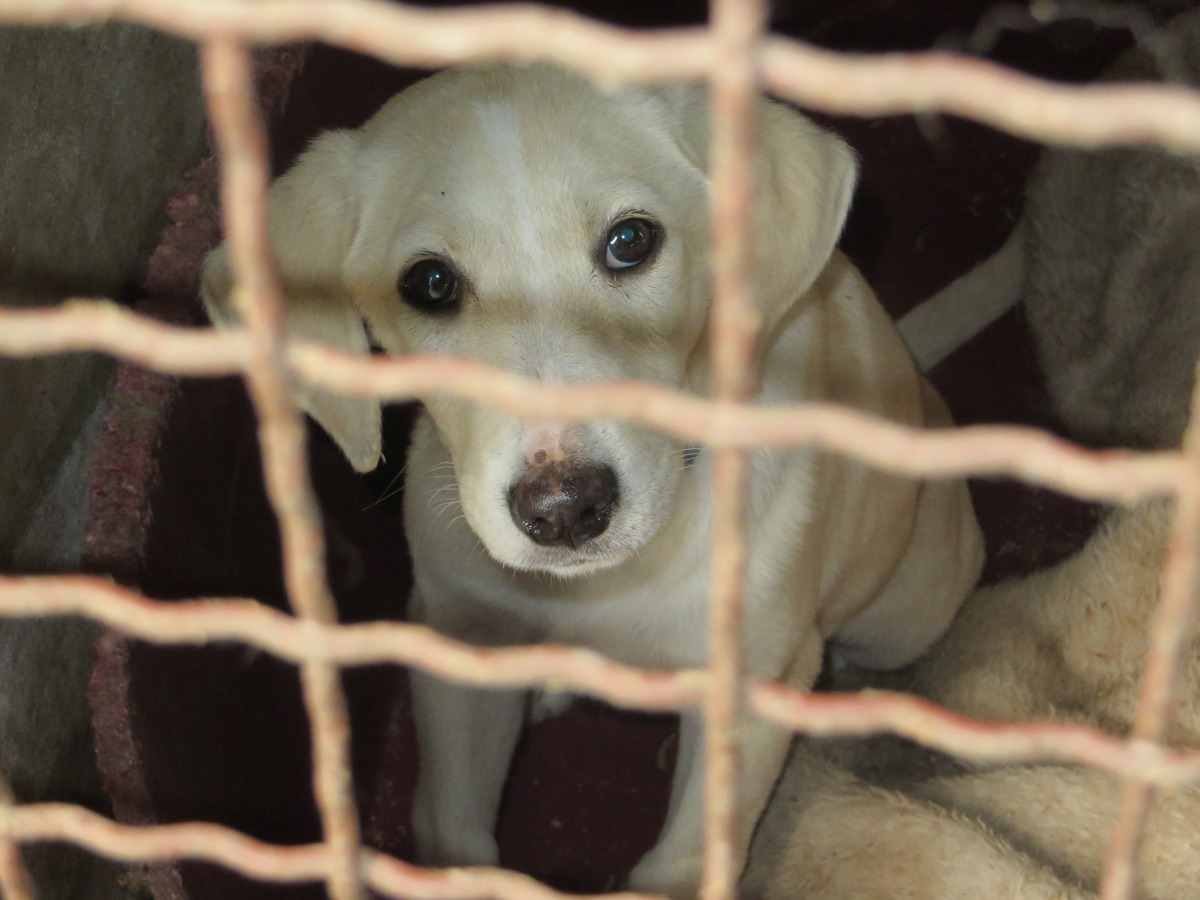first time dog ownership skyrockets during lockdown
first time dog ownership skyrockets during lockdown

Covid-19 lockdowns and other restrictions during the pandemic have seen controls on society previously unheard of in the post-war era. The sense of isolation has been significant for many and extreme for some - being cut off from friends, family and work colleagues. As social animals, we have felt the pressure of this, with an additional and unforeseeable impact on our four-legged best friends - dogs.
As the home environment started to feel like house arrest, there has been a surge in activity in another area. Unprecedented numbers of people have turned to dog ownership in recent months, with huge numbers becoming first-time owners. The price of dogs from breeders soared to unbelievable levels, often three or four times the value of puppies prior to the pandemic. As demand ran rampant, supply dried up. In this vacuum, less reputable breeders found a renewed place in the market, utilising the desire to find a puppy to mask the dubious practices at puppy farms. Alongside this came the scammers selling fake animals online and a surge in rescue dog rehoming and the importing of dogs from locations in Eastern Europe. This was closely followed by theft of pet dogs at new levels, with owners needing to take extra care to ensure their pets are microchipped and supervised closely when outdoors.
This has left the UK in a strange place with its furry friends. On the surface it seems there is an increased appreciation for ‘man’s best friend’ but this surge of interest has caused a range of welfare concerns for these animals, both now and in the future.
Of those who managed to get puppies from reputable breeders or dogs from rescue homes, stories abound of many struggling either through a lack of training, a disinterest in walking the animals or with those who may have made a ‘novelty’ purchase, an anticipated waning interest in dog ownership and its associated responsibilities as restrictions start to lift.
Responsible dog ownership starts with the search
IFAW encourages people to think very carefully before taking on a dog or puppy to ensure its needs will be met with responsible ownership throughout its lifetime. Dog owners need to invest time in adequate training to ensure a harmonious domestic existence. Not training a dog increases its stress levels (and that of its owners) and can lead a dog to live an unhappy life.
Rescued street dogs from overseas can often have particularly complex needs and behavioural problems that require owners to spend a great deal of time and patient care to address, due to never having lived in a home environment before or potentially having had experiences that could make them nervous or unpredictable. While rescuing such a dog can bring great rewards, it is also a huge responsibility. Careful research is also advised when using organisations offering adoptions from overseas to ensure they are credible, particularly during this time of high demand.
Lucy's Law tested by huge demand
Puppy farming remains a problem in the UK that the surge in demand has only fuelled. IFAW and other groups campaigned successfully for Lucy’s Law which came into force in April 2020. The Animal Welfare (Licensing of Activities Involving Animals) (England) (Amendment) Regulations 2019 is an amendment to the regulations for the licensed sale of dogs and cats. It states that puppies and kittens should only be sold in their place of birth, in the presence of their mother, and not sold or resold by a third party.
For those considering a pet puppy or dog, IFAW always advocates where possible to adopt an animal in need of a forever home from a rescue centre or shelter in the first instance. If you do buy a specific type of puppy from a breeder, always make sure you see the mum and her pups together and make sure the puppy is old enough to be sold. Check it has its vaccination papers and look carefully for any signs of sickness.
Welfare concerns grow for pets post-lockdown
Abandonment of dogs when pandemic restrictions lift is feared to hit an all-time high. While to some extent this may be backstopped by a continued demand for dogs, animal sheltering charities are bracing themselves for a rise in unwanted pets.
Most of all, we need to remember a pet is for life, not just for lockdown. With a bit of care, we can avoid many more sad faces on the streets and at rescue centres in the coming months.
Related content
Our work can’t get done without you. Please give what you can to help animals thrive.